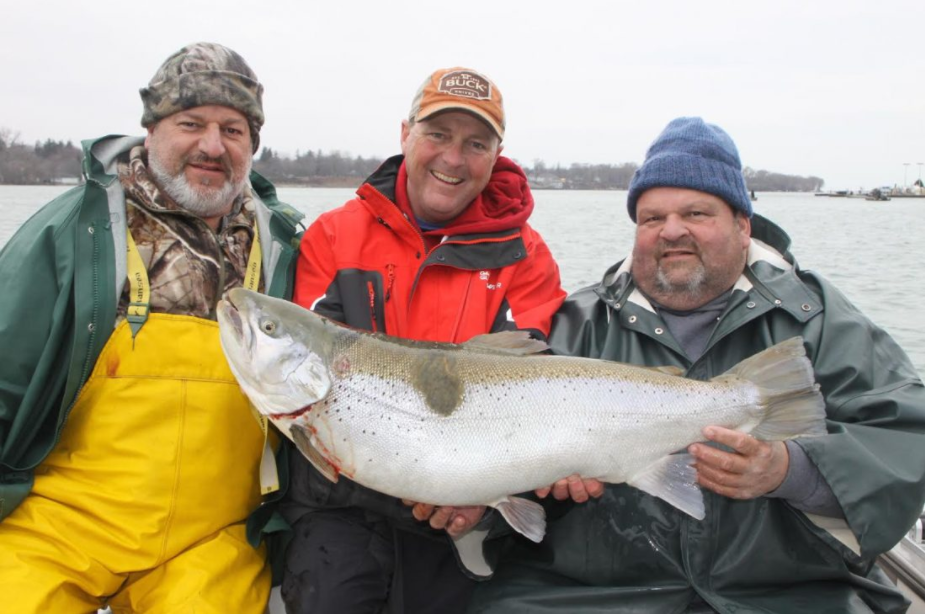As my friend Bill Hilts Jr. says in this piece about a 31-pound brown trout caught on the Niagara River, “things happen for a reason.” This is a fish of a lifetime, and after you read the piece, you’ll understand exactly what I mean. The human spirit, for all its frailties, is good. This proves it.
Unfortunately, for the fish that define a people in far Northern California, things aren’t as heartwarming. Tribal officials who manage Klamath River salmon are calling this year “the worst year in history for Klamath salmon.” As heartwarming as the story above is, this one is equally heartbreaking. The reasons for the salmon no-show, of course, are simple—years of drought coupled with upstream dams blocking spawning habitat have taken their toll. The good news is, in the years to come, those dams will likely come out. Let’s just hope it’s not too late. More good news? The drought might be broken with record rain and snow this past winter. Things might be looking up on Klamath.
As we in the West struggle with mining proposals that would be bad for our wild and native trout—and for our fishing—it’s important to note that eastern states face similar threats. In Maine, for example, citizens are pushing for a mining ban, or at least stricter mining rules, in order to protect the last true strongholds for native brook trout in the nation. It’s heartening to see people at the root of these issues pushing for common-sense solutions to challenges facing our fisheries. We’ve put them in peril far too often. It’s up to us to protect what’s left for coming generations, and, more importantly, pass on a conservation ethic that will hopefully prevail in the years to come.
— Chris Hunt



